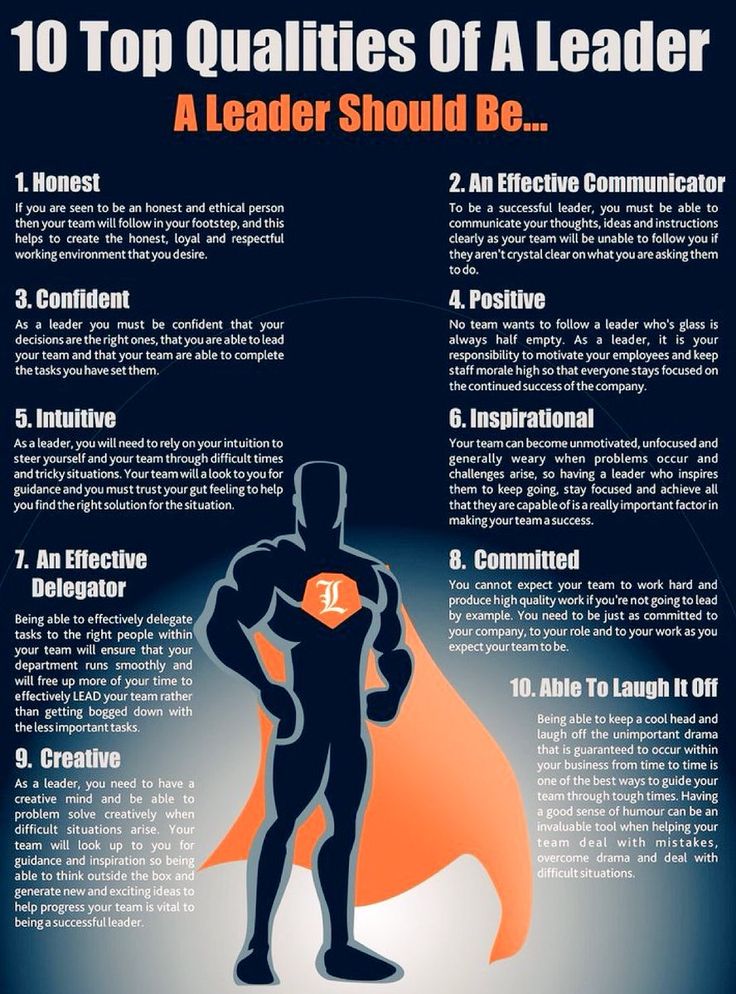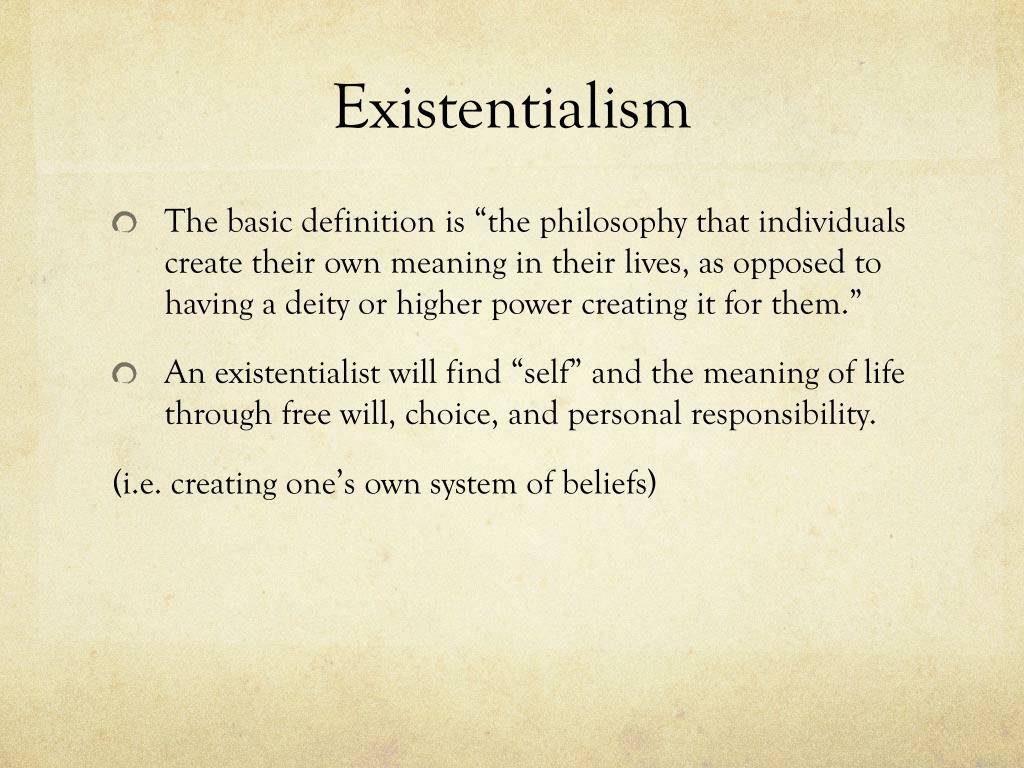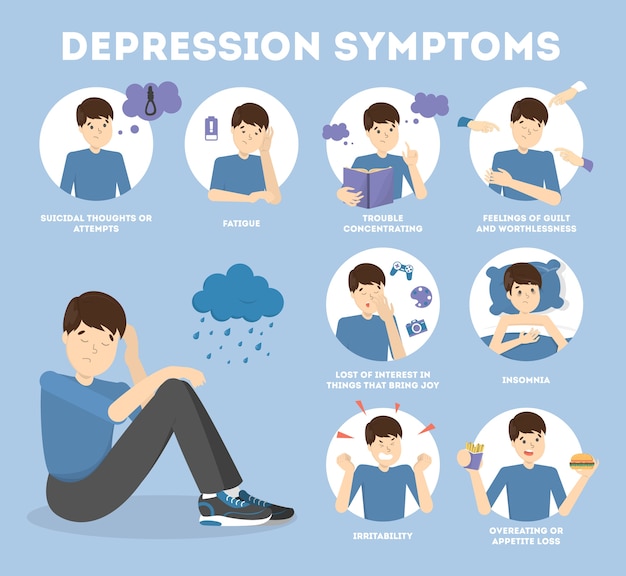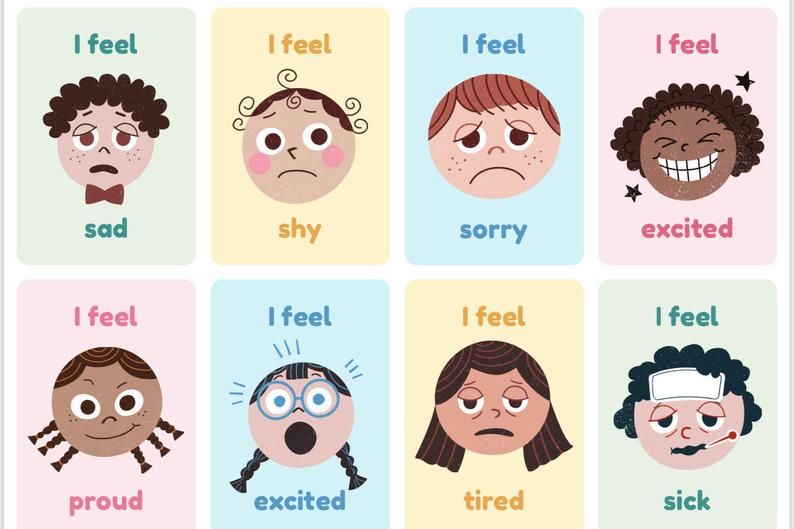Quit worrying about your health
If you can't stop worrying about your health, these six tools will help
Your heart is racing, your palms are sweaty, and your body is restless. Your thoughts are coming quickly, one after another until your mind feels consumed with worry. You have spent the last 30 minutes with your old friend Dr. Google, in a futile effort to diagnose your symptoms, convincing yourself the worst-case scenarios are inevitable. Maybe you have also reached out to your physician through MyChart, or requested another appointment to discuss the same symptoms you called about last week.
Does this sound familiar? If so, you may be experiencing health anxiety.
Health anxiety is characterized by persistent and out-of-proportion effort spent trying to diagnose, treat, or cope with real or perceived symptoms. The truth is that people with health anxiety often experience very real and unpleasant physical sensations such as dizziness, numbness, pain, gastrointestinal concerns, and headaches, amongst others.
Our bodies are designed to interpret potential signs of danger or threat and to respond to such signals. However, sometimes our brains and bodies experience a disconnect, and while symptoms or sensations may be unpleasant, they are not in fact a sign of threat. In the context of health anxiety, the thoughts, emotions and responses we have to these signals are sometimes incorrect altogether, or disproportionate to the problem at hand, and they maintain the cycle.
It is often the case that our own histories of illness, experiences with death, impact of media intake, and triggers for stress outside of our health inform whether and how health anxiety manifests. It is common, realistic and important for us to notice and address changes in our physical or emotional health and to discuss any concerns we have with our providers.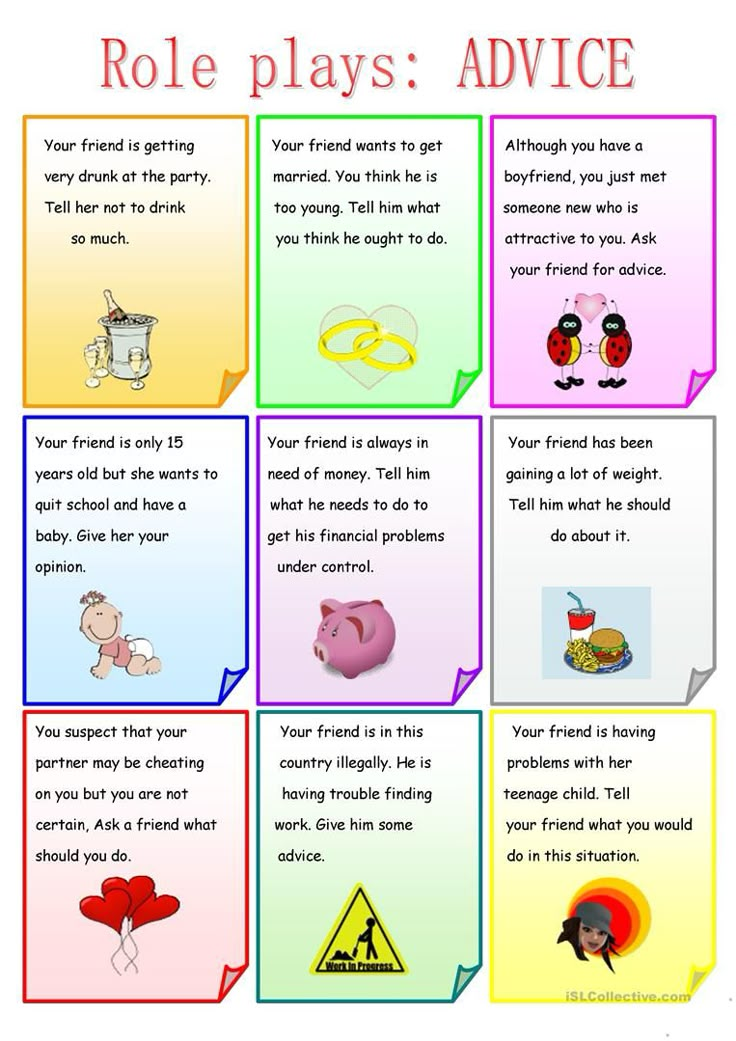
When health anxiety is present, repeated reassurance from physicians or healthcare providers, normal lab work, and even negative test results are often not enough to adequately quiet the mind or settle our bodies. Repeated and interfering thoughts and behaviors that prevent us from doing the things we need and want to do during the day distinguish reasonable concerns from more problematic health-related worries.
Understandably, health anxiety may be more prolific now due to the Covid-19 pandemic, in addition to other illnesses that plague us at any time. So what can we do to ease our minds and focus on the people and things that matter to us most? Here are a few tips for how to manage health anxiety based on evidence-based approaches:
- Remember that your thoughts are not facts. Anxiety tries to protect us from pain, danger and discomfort, but often our worries are not warranted. What would happen if you challenged the thinking that promotes an over-focus on your body? What if you actually contracted something you are fearing- what is the worst that would happen? How would you cope if your worst fears came true?
- Calm your body and regulate your nervous system.
 You might utilize relaxation skills, deep breathing, mindfulness practice, being in nature, or other soothing activities that ground you back in the present moment. These are tools that can help you to refocus attention when thoughts about the body are all-consuming.
You might utilize relaxation skills, deep breathing, mindfulness practice, being in nature, or other soothing activities that ground you back in the present moment. These are tools that can help you to refocus attention when thoughts about the body are all-consuming. - Ask yourself: How much mental effort, time and energy does this thought or worry deserve? What is more meaningful to me that I could be focusing on or doing instead (i.e. playing with my children, completing a work task, engaging in a hobby). Clarifying values and then taking steps to do what brings you purpose and joy will reduce emotional distress.
- Be willing to experience discomfort. Sounds counter-intuitive, I know! If we can ride the waves of discomfort, whether it be tension in our muscles, frequent uncertainty, or racing thoughts, these concerns are more likely to dissipate on their own. Just like a wave in the ocean, intense experiences build, peak and then diminish; I promise your discomfort will not last forever, although I appreciate the worry that it might.
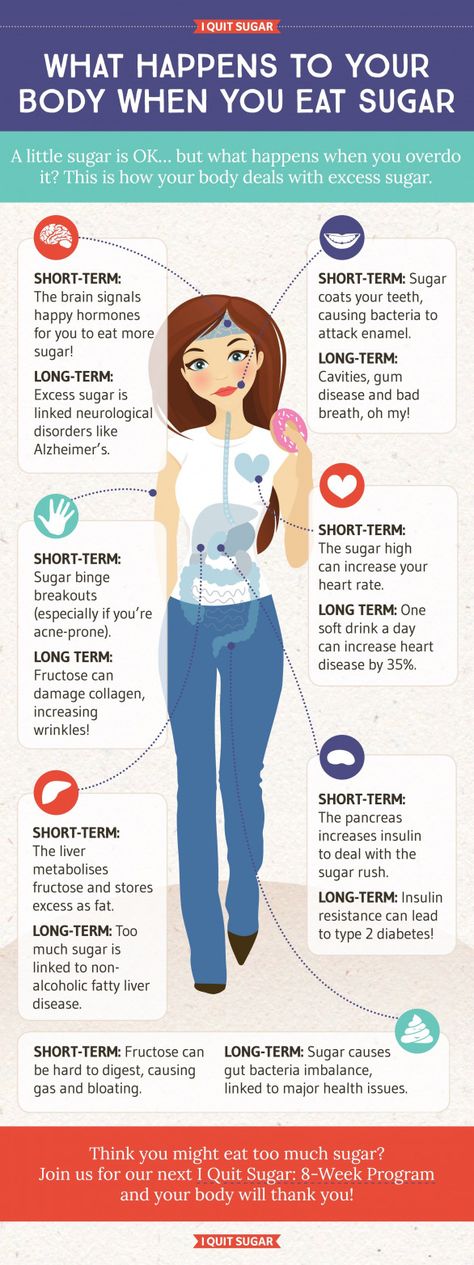 As our response to our physical sensations and thoughts shifts, so too will the anxiety itself.
As our response to our physical sensations and thoughts shifts, so too will the anxiety itself. - Acknowledge your experience. Validate the emotions or sensations you are feeling in your body. Trying to talk yourself out of what is there may only amplify your distress. Open yourself up to curiosity about WHY these sensations or emotions are present; Perhaps there is an alternative explanation other than the one you have feared. Bodies are “noisy,” complex and ever-changing, so it is reasonable to consider the fact that your body may be experiencing shifts that are expected and healthy.
- Seek support from trusted healthcare professionals. Express concerns about any new or concerning symptoms you have, and trust in your provider’s recommendations about how to evaluate and treat those concerns. Allow your treatment team to support and educate you in ways that are validating but not enabling of the health anxiety.
If you need additional support in managing unhelpful thought patterns, intense emotions and intrusive behaviors related to health anxiety, please contact us at hello@galiacollaborative. com.
com.
Sarah is a licensed clinical psychologist and expert in women's behavioral health. She specializes in supporting women through physical and mental health concerns, relationship stressors, perinatal challenges, and menopause.
Always worried about your health? You may be dealing with health anxiety disorder
Image: © XiXinXing/Getty Images
You spend hours on the Internet researching health information. When you get a scratchy throat you automatically think cancer — not a cold. And even when medical tests come back showing that you're healthy, it doesn't make you feel better. In the back of your mind you still feel like something is wrong.
If this sounds like you or a loved one, it may be health anxiety.
Health anxiety is a condition that causes healthy people to worry that they are sick — even when they have no symptoms, or minor symptoms like a scratchy throat.
"People with health anxiety for the most part tend to fear severe illness, such as HIV, cancer, or dementia.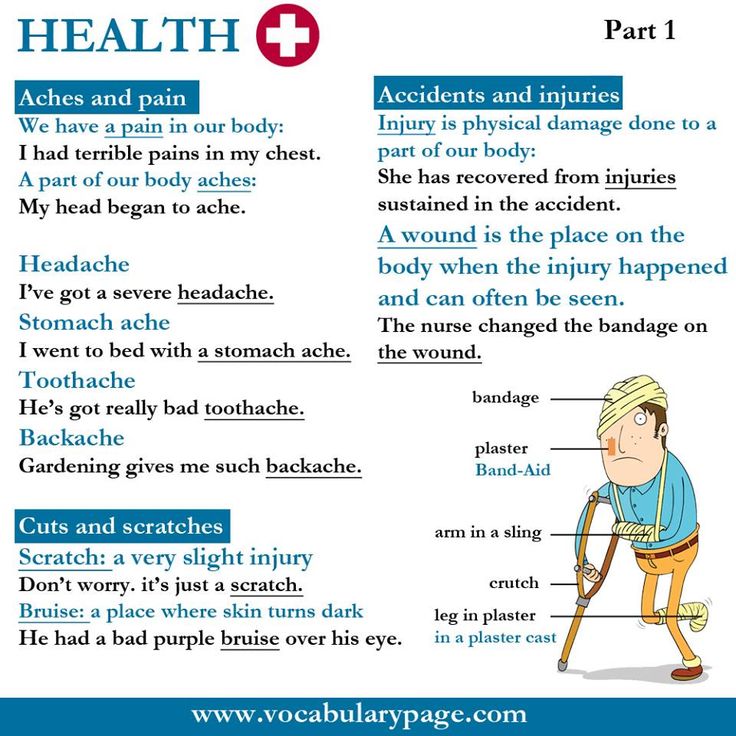 They worry far less about strep throat, twisting their ankle, or getting a cold," says Dr. Timothy Scarella, instructor in psychiatry at Harvard Medical School. This fear that they have a serious illness can interfere with their daily life. It might lead them to seek out unnecessary testing, to waste hours in the doctor's office, and to spend days consumed by worry. But it's not only their own health that people with health anxiety may focus on. "Some people also worry excessively about their children's health," he says.
They worry far less about strep throat, twisting their ankle, or getting a cold," says Dr. Timothy Scarella, instructor in psychiatry at Harvard Medical School. This fear that they have a serious illness can interfere with their daily life. It might lead them to seek out unnecessary testing, to waste hours in the doctor's office, and to spend days consumed by worry. But it's not only their own health that people with health anxiety may focus on. "Some people also worry excessively about their children's health," he says.
Health anxiety is a relatively common condition, known to affect some 4% to 5% of people. But experts believe it may be underreported and that the percentage could be closer to 12% — or even twice that, says Dr. Scarella. Unlike other anxiety disorders that are more prevalent in women, health anxiety appears to affect men and women equally.
Not all health worries indicate health anxietyBeing concerned about your health is not the same as health anxiety.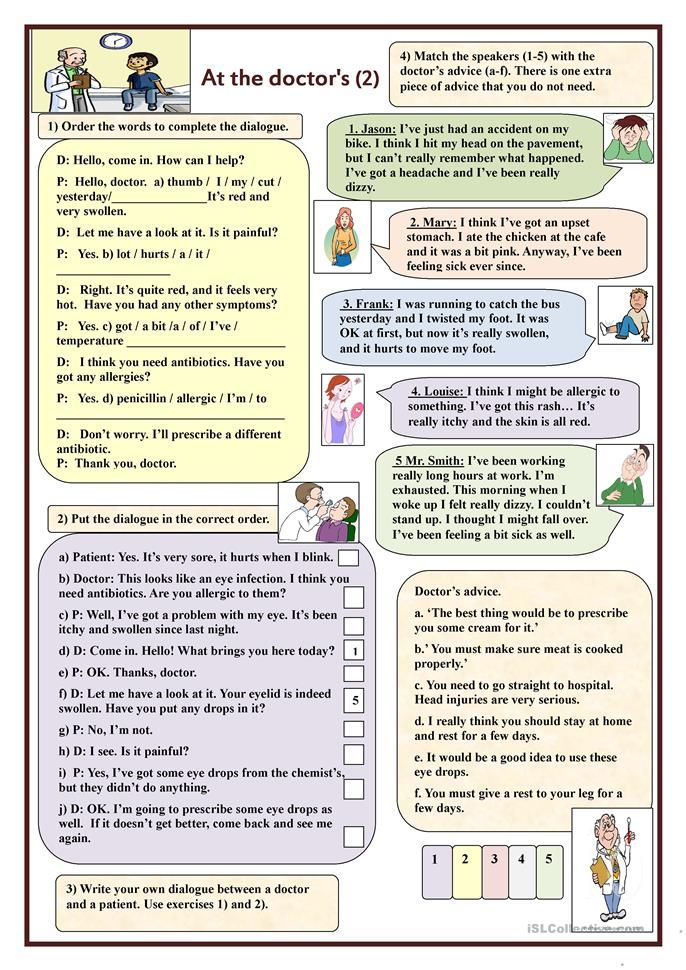 It's normal to be worried about your health from time to time. You may wonder if your stomachache is a sign of a more serious condition. If you have had a severe illness in the past, you may be anxious about an upcoming imaging scan.
It's normal to be worried about your health from time to time. You may wonder if your stomachache is a sign of a more serious condition. If you have had a severe illness in the past, you may be anxious about an upcoming imaging scan.
"There is a difference — at least medically speaking — between a person who has no symptoms or minimal symptoms and is frequently worried and anxious about being or getting sick and a person who is worried about concerning symptoms," says Dr. Scarella. However, he notes that anxiety about real health conditions can also become problematic.
People with health anxiety often misinterpret normal or benign physical symptoms and attribute them to something more serious. For example, if they were to compress an arm while asleep, instead of rolling over and shaking off the numb feeling, they might worry they were having a stroke. Symptoms produced by anxiety — which can include muscle pain, chest pain, heart rate changes, headaches, and dizziness, among others — can heighten existing anxiety about one's health.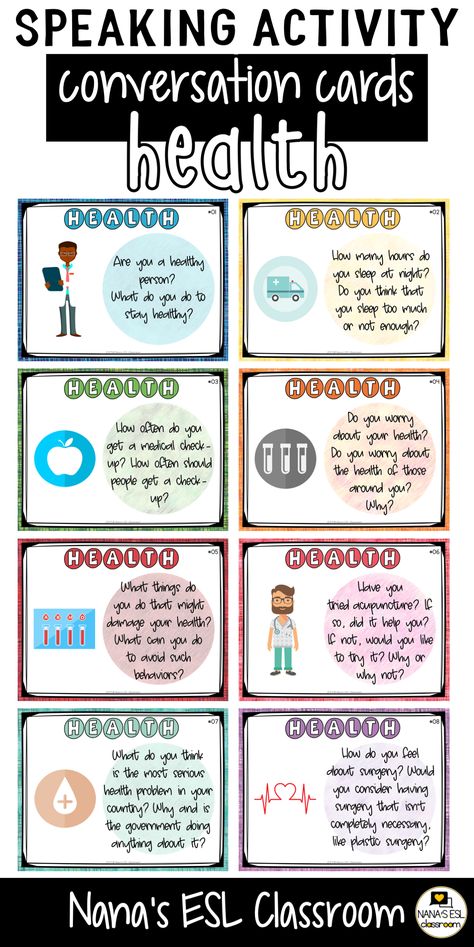
So how do you know if you are sick, or if you're just anxious about being sick? Here are some telltale signs of health anxiety:
- You have no symptoms, but still fear that you are sick.
- When a doctor reassures you that you don't have an illness or a test shows you're healthy, it doesn't relieve your nervousness.
- You find yourself constantly seeking health information online.
- If you read a news story about a disease, you start worrying that you have it.
- Your worries about your health are interfering with your life, family, work, or hobbies and activities.
Most often, people with health anxiety have a pattern of this behavior that a primary care physician may begin to notice over time. "I talk to people who call their doctor five, six, or seven times a week," says Dr. Scarella. "Every three or four months they may go to their doctor looking for an HIV test despite the fact that they haven't had any new sexual partners or any experiences that would elevate their risk. "
"
While testing may seem like a quick, easy way to alleviate health-related worries, for people in whom health anxiety has become uncontrollable, testing rarely provides lasting relief. "Repeated testing is unable to reassure people with health anxiety; people don't feel calmed when they get new information that disproves their fear," says Dr. Scarella. Doctors often fall into this trap, thinking "What's the harm in doing a test to reassure this person?" It seems like a reasonable approach. But, ultimately, no amount of testing ends the worry, Dr. Scarella says, and in fact, it may only serve to reinforce the anxiety.
While some people constantly consult their doctor and request testing, in other cases health anxiety causes people to avoid the doctor entirely, which can lead to treatable conditions going undiagnosed. "There are real risks in not going to the doctor — for example, not getting appropriate cancer screenings," says Dr. Scarella. This avoidance can become very dangerous when someone has a real condition but is afraid to get checked out for fear of bad news—such as a person who has appendicitis but puts off going to the doctor.
Scarella. This avoidance can become very dangerous when someone has a real condition but is afraid to get checked out for fear of bad news—such as a person who has appendicitis but puts off going to the doctor.
"The most important thing to know about health anxiety is that it's a treatable problem," says Dr. Scarella. Statistics show that anxiety disorders, in general, are vastly undertreated. Only 37% of people with anxiety disorders receive treatment, according to the Anxiety and Depression Association of America.
This may reflect the stigma related to these conditions, and in the case of health anxiety, people may not actually attribute their symptoms to anxiety, but truly believe they are sick. And they may not know that help is available.
For people who are suffering from health anxiety, it's not helpful to tell them that their symptoms are fake or it's all in their head, says Dr. Scarella. "It's often more constructive to encourage them to look at what the worry is doing to their life," he says. "How is it interfering with the things they enjoy?"
"How is it interfering with the things they enjoy?"
If you suspect you might have health anxiety, focus on what you're losing. Would you rather spend several hours in the emergency room waiting for a test result — when you already had the same test two weeks ago — or do something you love?
Then seek an evaluation from a mental health professional. Your primary care doctor can provide a referral.
It's common for people with health anxiety to have other mental health conditions as well, such as depression, an anxiety disorder, or post-traumatic stress disorder, says Dr. Scarella. Because of this, treatment may need to address multiple issues. Treatment options include medications and psychotherapy, often in the form of talk therapy, which can help you manage and move past your worries.
But ultimately, those who seek help are often able to overcome the constant anxiety. "This can get better," says Dr. Scarella.
How to stop worrying too much about health – Yulia Gridasova
Health is a great value for any person. Someone cares about him more, someone less. Sometimes we get sick or someone close to us gets sick, and this causes anxiety. Such anxiety passes as soon as health is restored. But it happens that a person is constantly worried about various symptoms, is overly worried about his health and often interprets ordinary changes in the body as signs of illness. Among the people, such people are condescendingly called suspicious, hypochondriacs. But they do suffer. What is excessive anxiety about health and how to stop worrying about it too much? nine0003
Someone cares about him more, someone less. Sometimes we get sick or someone close to us gets sick, and this causes anxiety. Such anxiety passes as soon as health is restored. But it happens that a person is constantly worried about various symptoms, is overly worried about his health and often interprets ordinary changes in the body as signs of illness. Among the people, such people are condescendingly called suspicious, hypochondriacs. But they do suffer. What is excessive anxiety about health and how to stop worrying about it too much? nine0003
What is excessive health anxiety
Excessive health anxiety is a common mental disorder affecting 5% of the population. It is characterized by the following features:
- there are bodily symptoms that cause discomfort, but they are psychological in origin, although the person does not know about it or does not recognize it;
- there are normal bodily symptoms that are the result of the normal functioning of the body and are not harmful, but the person interprets them as signs of illness; nine0012
- there is a fear of illness, and sometimes a person is already convinced that he is ill with something, although doctors conduct examinations and say that this is not so;
- there is an excessive concern for health, incommensurable with the recommendations of doctors.
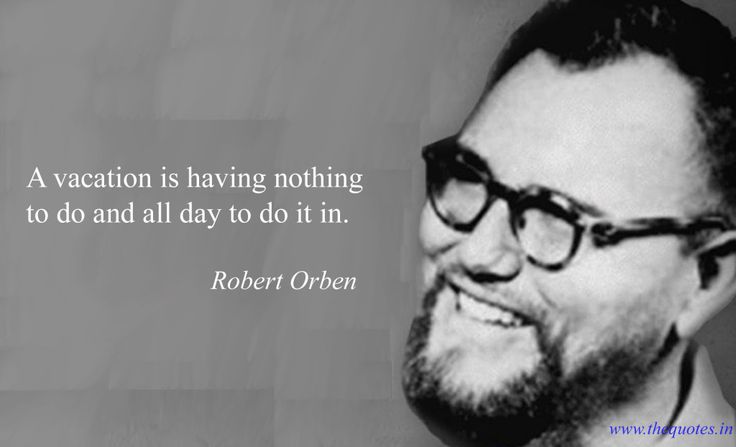
A therapist or psychiatrist can help determine if you have this disorder. Disorder is costly. Anxiety stimulates over and over again to seek reassurance from doctors, to conduct many repeated examinations, even to change the habitual way of life. Often people with excessive health anxiety become more passive, try not to burden themselves, may become depressed, even quit their jobs. nine0003
But I have symptoms, I don't feel well!
Bodily symptoms can occur for a number of reasons. One possible explanation is some kind of disease. But there are other reasons, for example, the usual changes in the body, which, although they sometimes bring discomfort, are harmless. The physical state is constantly changing, it is useless to fix each change. After a busy day, you are tired and you may have a headache, but tomorrow it will pass if you don’t get hung up and don’t worry. The more experiences, the brighter the symptoms. nine0003
Physical condition is affected by anxiety and stress.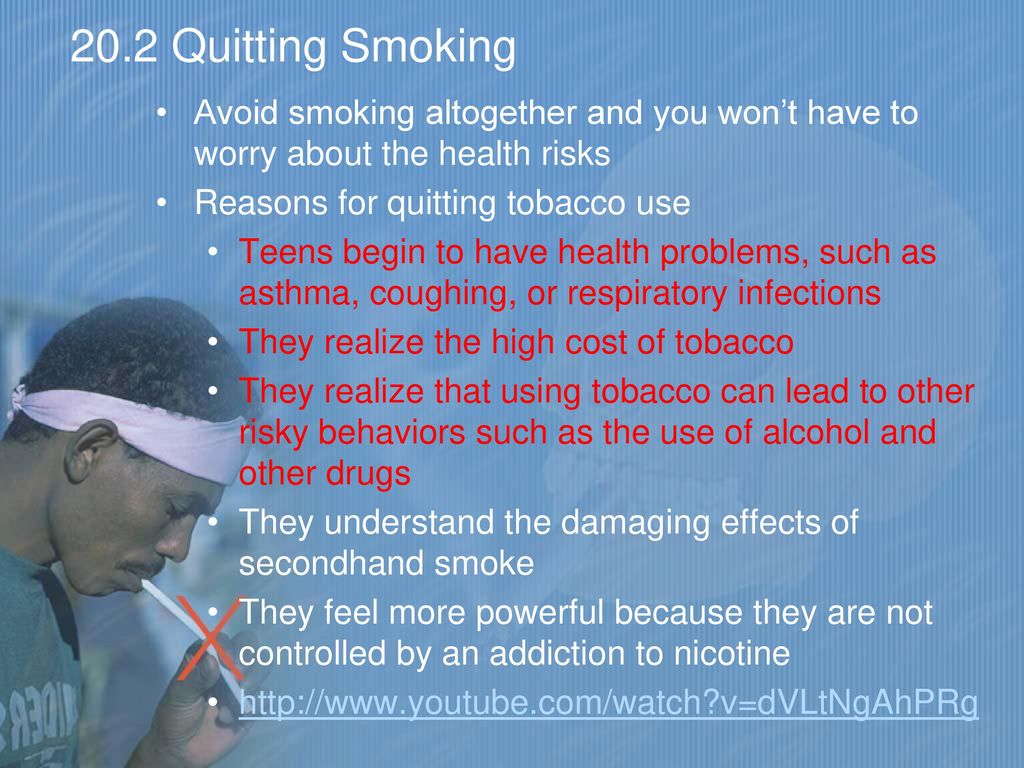 The body is preparing to run or attack, even if we have not made this decision consciously. The brain and body react the same way to all types of threats: physical - a bear running at us, social - a quarrel with someone, the threat of censure, fictional - worries about the future. The heart pumps blood faster, breathing quickens, consciousness seems to narrow, shortness of breath, chest discomfort, muscle tension, headache, dizziness, tingling in the body, and other symptoms appear. By their nature, they are harmless. But the more focus on these symptoms, the more often and more vividly they are felt, which causes anxiety. And the circle closes. nine0003
The body is preparing to run or attack, even if we have not made this decision consciously. The brain and body react the same way to all types of threats: physical - a bear running at us, social - a quarrel with someone, the threat of censure, fictional - worries about the future. The heart pumps blood faster, breathing quickens, consciousness seems to narrow, shortness of breath, chest discomfort, muscle tension, headache, dizziness, tingling in the body, and other symptoms appear. By their nature, they are harmless. But the more focus on these symptoms, the more often and more vividly they are felt, which causes anxiety. And the circle closes. nine0003
Why there is excessive health anxiety
Anxiety about health often develops in suspicious and worried people with a sensitive temperament, if a person was sick a lot in childhood, or loved ones were sick, because of which the child was overprotected. Beliefs about health in the family and culture play an important role: “diseases are a nightmare”, “one must constantly be on the alert and worry about health”, “those who do not worry are careless”, and so on.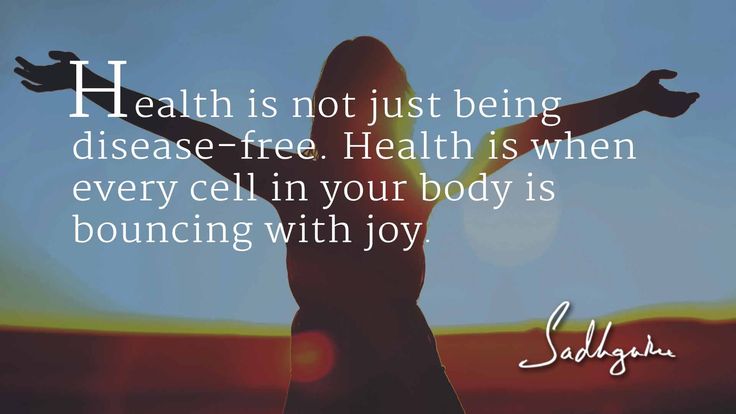 Anxiety about health can be triggered by some kind of serious event, for example, illness or death of someone close to you, your own illness, a mistake by doctors, severe stress, a panic attack. nine0003
Anxiety about health can be triggered by some kind of serious event, for example, illness or death of someone close to you, your own illness, a mistake by doctors, severe stress, a panic attack. nine0003
What supports excessive health anxiety
The health alarm is supported by several closed loops.
Detection and verification of physical symptoms
Let's do a little experiment. Pay attention to the big toe of the left foot. Concentrate. Think about it without being distracted by anything. Try to feel what's wrong with him. What is its temperature, is there a pulsation, tingling or any other sensations. Really look into the inner life of your thumb. I’m willing to bet that even if you didn’t feel anything before, sensations appeared during the experiment. Scanning the body 24/7 is not useful. The more we pay attention to something, the more we begin to notice it. nine0003
Finding information about a disease
You wake up in the morning and feel heaviness, nausea, lethargy.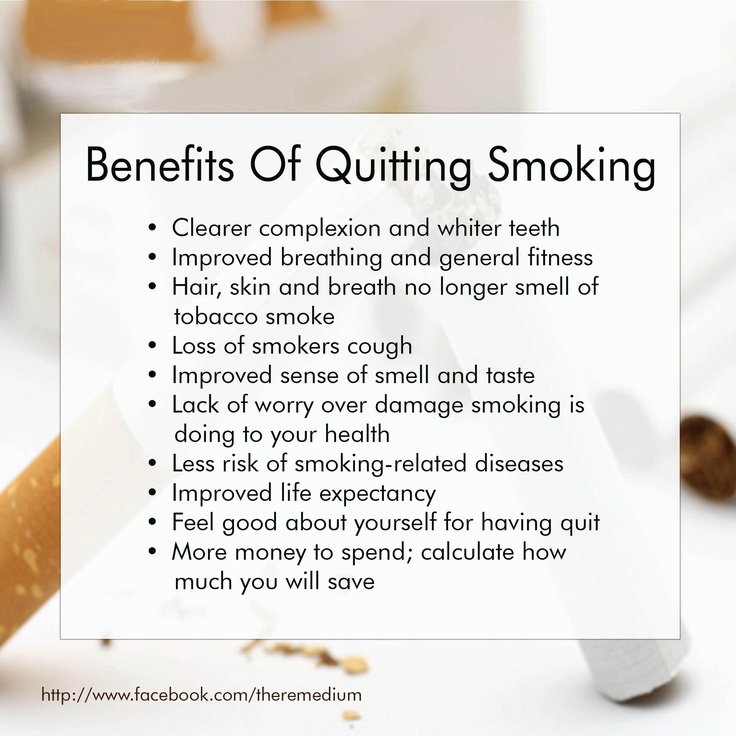 You start looking for an explanation on the Internet and find possible options: from a disease of the gastrointestinal tract to a brain tumor. Not all symptoms coincide, but the experience is growing - what if I really have a disease? Anxiety symptoms appear and you again try to find the cause in the body.
You start looking for an explanation on the Internet and find possible options: from a disease of the gastrointestinal tract to a brain tumor. Not all symptoms coincide, but the experience is growing - what if I really have a disease? Anxiety symptoms appear and you again try to find the cause in the body.
In fact, you were in a restaurant yesterday and ate something that was not something that happened to everyone. But the cycle of experiences has already closed. nine0003
Something is constantly happening in the human body. Light pains, grumbling in the abdomen, twitching and tingling appear and disappear. Our body is actively working, even if we do not notice it. A person with excessive anxiety about health notices the "products of labor" and begins to worry about them. And the Internet and acquaintances can be an unreliable source of information.
Behavior of an imaginary patient
When a person is overly concerned about his health, he begins to slow down and lead a more passive lifestyle.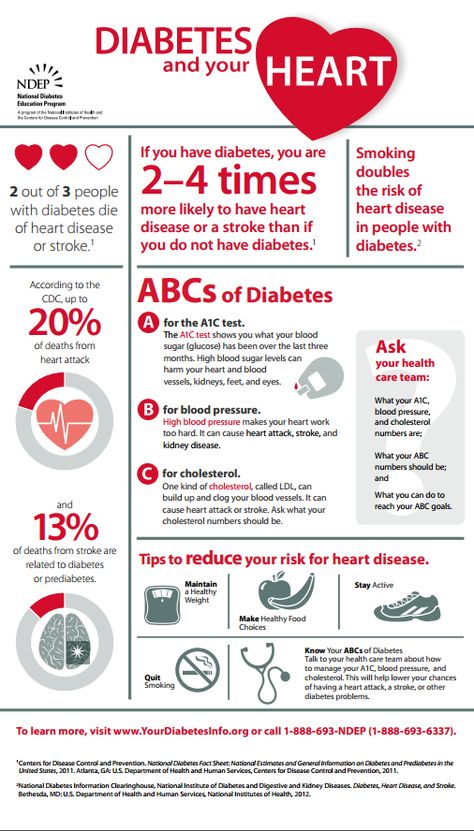 He mistakenly believes that in this way he will save himself from the load, for example, on his heart, and he will feel better. But the opposite happens: without activity, the body weakens even more. The general condition is aggravated by a feeling of weakness, which makes a person even more worried about health and even more restrict his activity. nine0003
He mistakenly believes that in this way he will save himself from the load, for example, on his heart, and he will feel better. But the opposite happens: without activity, the body weakens even more. The general condition is aggravated by a feeling of weakness, which makes a person even more worried about health and even more restrict his activity. nine0003
Constant search for assurances
Excessive anxiety subsides for a while if the person is reassured that he is all right. But over time, dependence on assurances and consultations is formed. New (actually old) symptoms are noticed, and again you need to run to check. Therefore, anxiety about health creates a huge funnel in the family budget: repeated examinations, tests, consultations with different doctors. The cycle closes.
Reassurances can be sought not only from doctors, but also from relatives: “Is my complexion normal today? But listen to your heart, is it okay that it beats like that? Relatives express their opinion, but it does not last long. nine0003
nine0003
Avoidance of anything related to illness
Due to anxiety, a person may forbid relatives to talk about ailments, turn on news and films where there is a mention of the disease. I know people who, because of their anxiety, have stopped traveling and walking on those routes that have hospitals, even if the journey becomes twice as long. For a short time, this avoidance relieves anxiety. But the more we avoid something, the more frightened we become if we see it. And information about diseases will catch your eye sooner or later. And even if we specifically try not to think about the disease, these thoughts will not go anywhere. nine0003
How to stop worrying too much about health
Only a specialist can tell if you have a health anxiety disorder. But you can use the following tips to get rid of unnecessary worries.
Stop trying to get rid of symptoms
We always have some symptoms. Getting rid of them is an impossible task. The body changes day by day, year by year. What you need to learn to do is to worry less. And if the doctors have made any prescriptions for you, it is important to adhere to them adequately - as recommended. nine0003
The body changes day by day, year by year. What you need to learn to do is to worry less. And if the doctors have made any prescriptions for you, it is important to adhere to them adequately - as recommended. nine0003
Find other explanations for symptoms
Accept the idea that symptoms are not necessarily a sign of disease. They can be caused by anxiety, stress, or the result of normal physiological changes. Write down all the reasons why you feel sick, and then consider if they can be explained in some other way. Example:
| Evidence that I have a heart condition | Evidence against |
| I have chest discomfort | I'm worried a lot now, it could be a symptom of anxiety |
| When I rest, relax, discomfort disappears - heart disease would not go away so quickly | |
| I did all the examinations, the doctors confirmed that I am healthy |
Change your focus
Physical activity, doing what you love, hobbies, work helps to distract.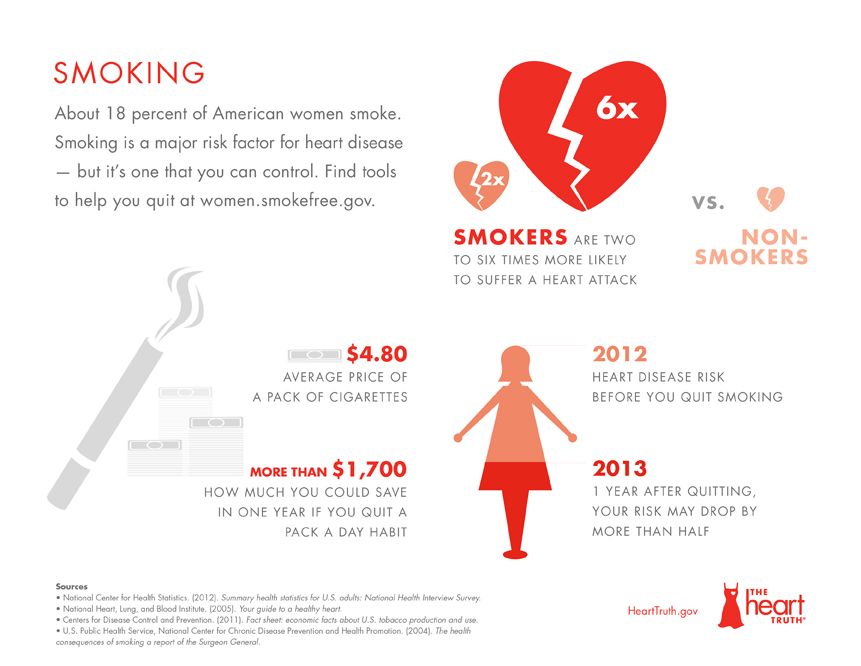 If you feel like you're scanning your body again, take a break and look at where you are. Another way is to learn to treat thoughts as just thoughts, and start noticing that symptoms come and go on their own, like clouds in the sky. To do this, do the following exercise regularly:
If you feel like you're scanning your body again, take a break and look at where you are. Another way is to learn to treat thoughts as just thoughts, and start noticing that symptoms come and go on their own, like clouds in the sky. To do this, do the following exercise regularly:
Sit comfortably, but with a fairly straight back. Close your eyes, take a few deep breaths in and out. Pay attention to the position of your body, how you feel. Shift your focus to sounds that are close in this room. Expand your attention and try to hear something that sounds far away and that you have not heard before - the noise of cars, dripping water in a tap, the conversation of passers-by on the street, a flying helicopter ... Do the exercise for several minutes, and then return your attention to your body and well-being. Open your eyes. nine0119
Determine which actions help you and which make things worse
Evaluate actions in the short and long term.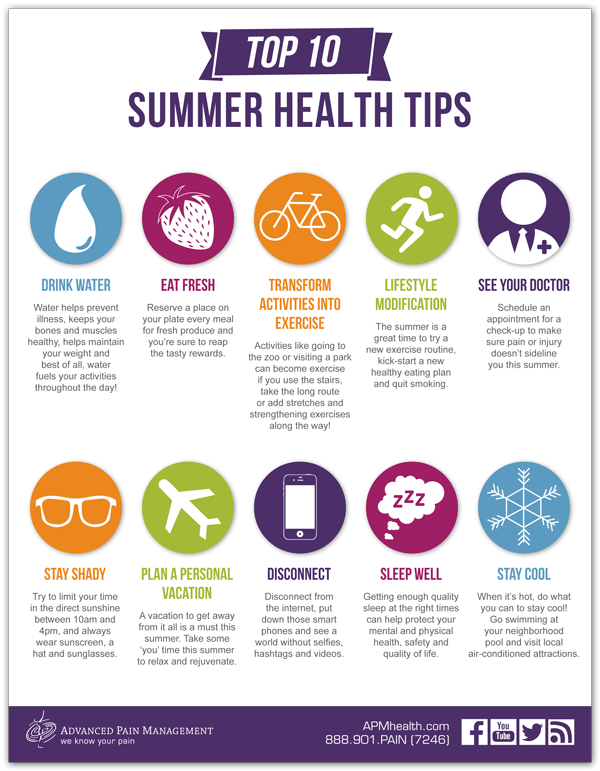 For example:
For example:
| My Ways to Cope with Excessive Health Anxiety | Currently useful (0 -10) | Useful in the long run (0-10) |
| Call the doctor about each symptom, asking for reassurance that it is not a disease | 8 | 2 |
| Do follow-up examinations | 7 | 1 |
| Think about symptoms and search for information on the Internet | 8 | 0 |
| Stop looking for information on the Internet | 3 | 8 |
Stop doing things that are harmful in the long run
Start giving up assurances, self-examinations, seeking or avoiding information about diseases. Gradually restore your normal daily routine and activities. Make time for the things you stopped doing or would like to do, not overworking, but increasing activity day by day.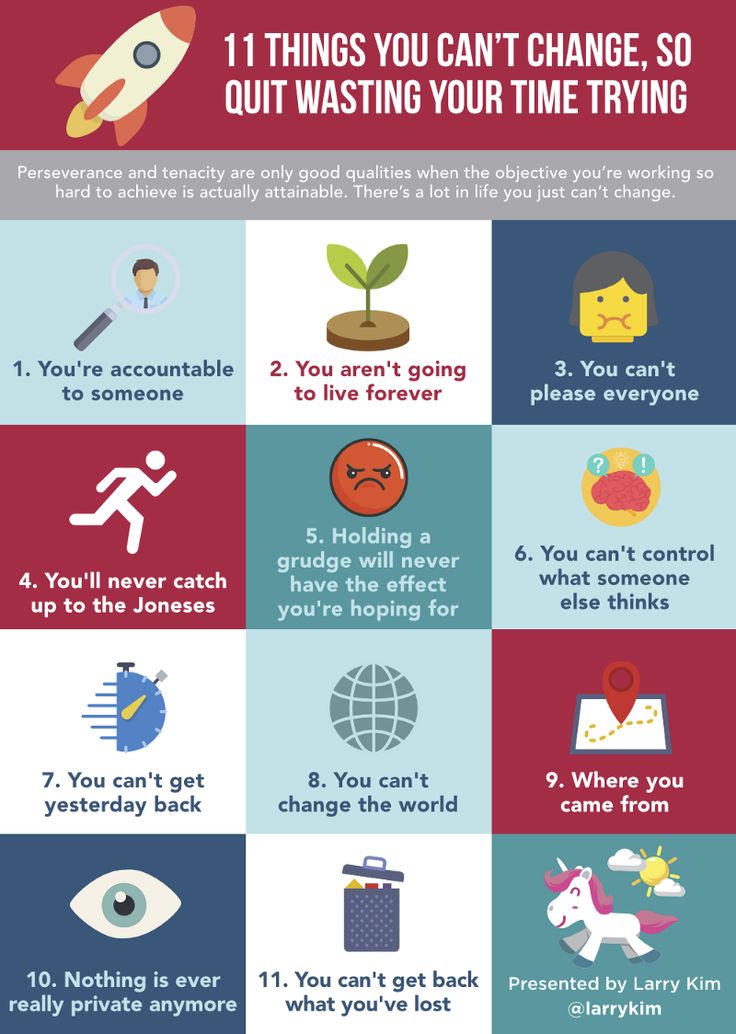
Call for help
If you have been assured by your doctors that there is nothing to worry about, and you are still worried, seek help from a psychotherapist. The most effective type of therapy for this problem is cognitive behavioral therapy. Before drawing up a therapy plan, the specialist will take an interest in the examinations that you have passed, their results and the conclusions of the doctors. If necessary, send for additional examination. After the picture is clear, together you will draw up a therapy plan. Remember that only a specialist can make a diagnosis. nine0003
Ask Yulia Gridasova for help to get rid of excessive health anxiety:
- Skype: yuliia.ease
- E-mail: [email protected]
- Viber: +38063 470-62-56
How to stop winding yourself up: 10 recommendations from Dale Carnegie's book
Contents of the article
Excitement and anxiety accompany us everywhere: at home and at work, on the bus and in the store, in line and in traffic jams.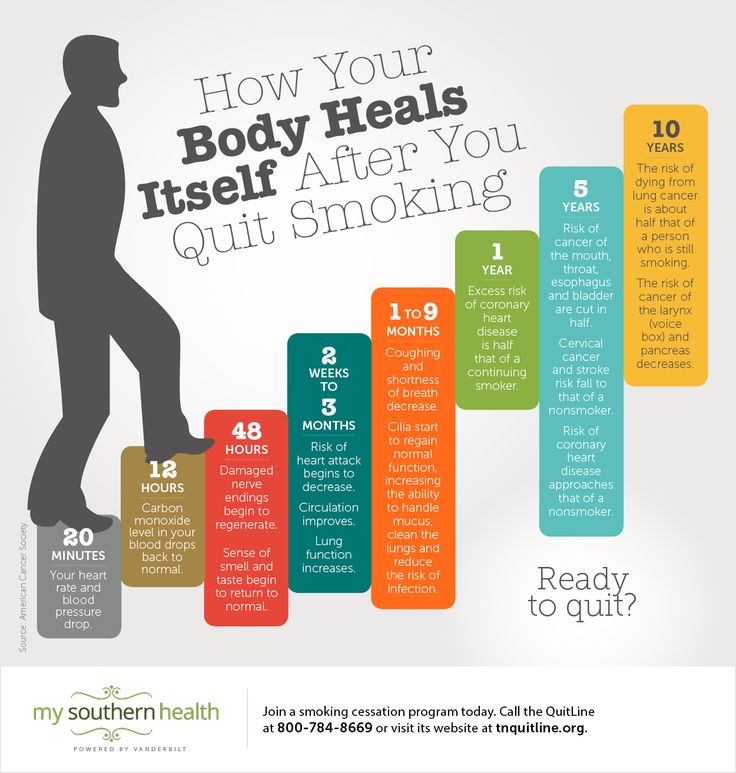 There is practically no person who does not face excitement. But some people can pull themselves together and survive an unpleasant moment, while others begin to wind themselves up even more, turning simple anxiety into chronic stress. We've summarized the tips from psychologist Dale Carnegie in How to Stop Worrying and Start Living? to change your perspective and reduce stress. nine0003
There is practically no person who does not face excitement. But some people can pull themselves together and survive an unpleasant moment, while others begin to wind themselves up even more, turning simple anxiety into chronic stress. We've summarized the tips from psychologist Dale Carnegie in How to Stop Worrying and Start Living? to change your perspective and reduce stress. nine0003
Tip 1. Distinguish between the past and the present
To stop overthinking yourself and worrying about problems that may happen in the future, you need to live in the present. Dale Carnegie proposes to mentally install an "iron curtain" that will delimit the past and the future, preventing a person from regretting old mistakes once again or thinking about tomorrow's difficulties.
Advice 2. Answer the Questions
At the height of your panic attack, ask yourself three questions from Willis Carrier's magical formula from Dale Carnegie's book. nine0003
- What is the worst thing that can happen in this situation?
- How can this problem be solved?
- Will I be able to cope with these difficulties?
If you honestly answer these questions to yourself, you will understand that even in the worst case scenario, you will be able to cope with trouble.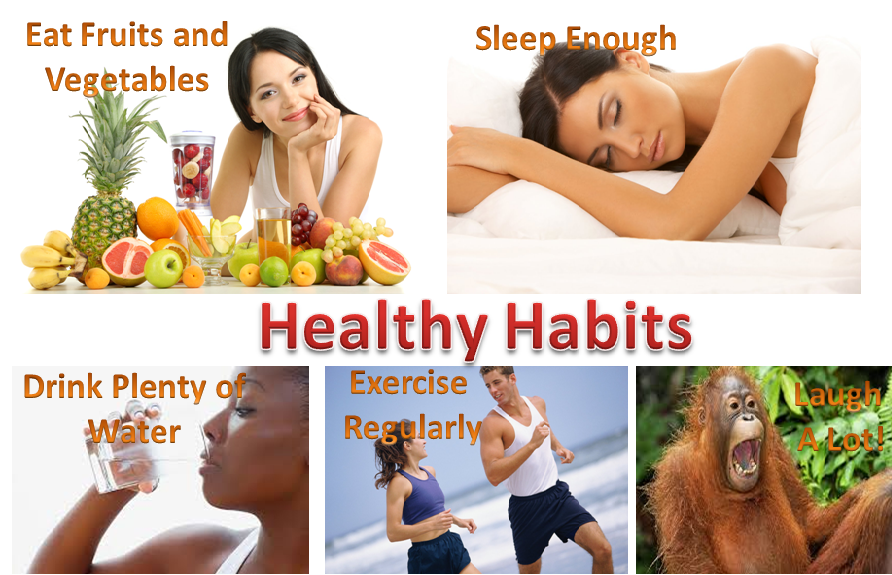
Tip 3. Think about the harmful effects of stress
In times of stress, you must constantly remember the harm that anxiety can do to your body. The author of the book cites the sad fact that business people who live in chronic stress die early. Therefore, it is important to take care of yourself and stay calm. nine0003
Tip 4. Think positively
Cheerful thoughts can reduce anxiety and calm down quickly. To do this, you need to develop positive thinking in yourself, try to maintain a good mood and look at life with a smile.
Advice 5. Start acting
When a person is inactive, bad thoughts begin to creep into his head. The best way to get rid of them is to keep yourself busy. So the brain will switch to action, and psychological stress will decrease. nine0003
Tip 6. Get rid of the habit of being nervous
Surely you have met people who, for any reason, begin to worry. For them, anxiety for no reason has already become a habit, which is still better to get rid of.

